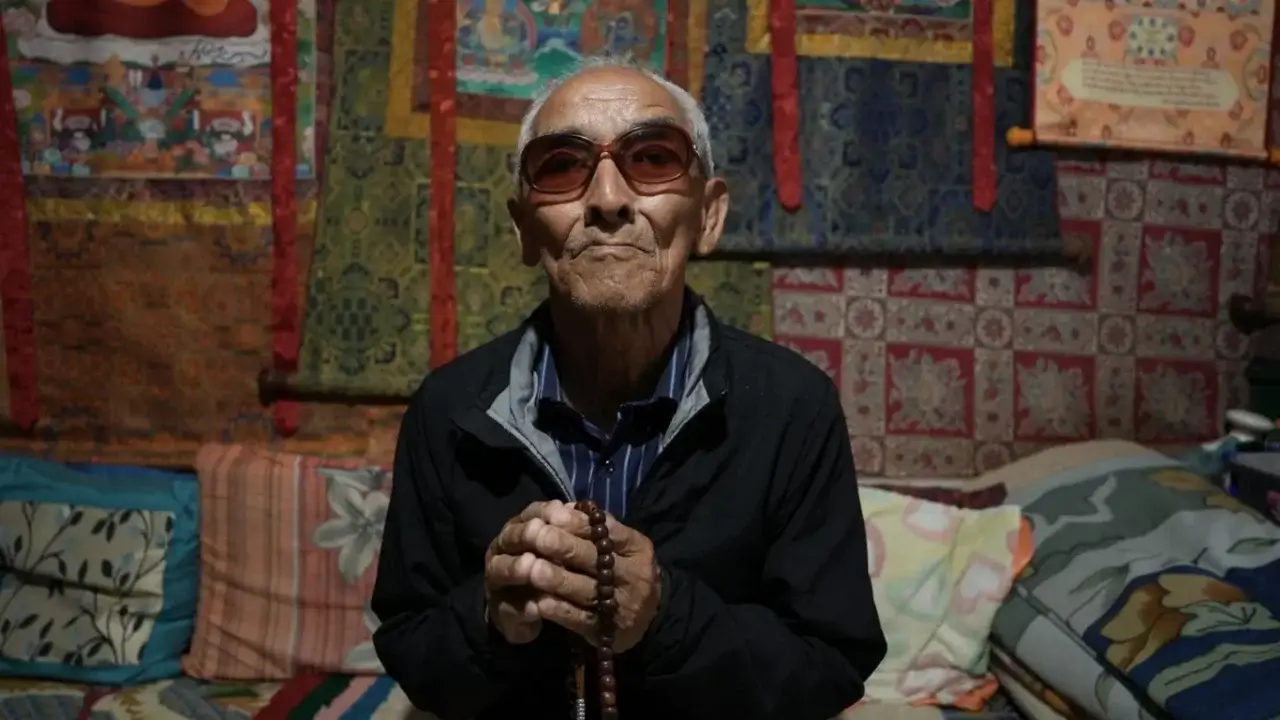Exiled without hope

In 1959, after a failed uprising against Chinese rule, thousands of Tibetans, led by the Dalai Lama, crossed dangerous Himalayan passes and arrived in India. They were accepted here on the basis of religious and cultural ties, but even after decades they have not been able to obtain citizenship.
Today, around 70,000 Tibetans live in India. They hold a special registration certificate that must be renewed every five years. To obtain a passport, they must give up this certificate, which many see as a loss of their national identity.
The older generation says they left their homeland due to danger, while the younger generation — although never born or lived there — laments the loss of language, culture, and sense of belonging. Their limited rights also restrict opportunities in employment, travel, and education.
In recent years, many Tibetans have moved to countries such as the United States and Canada on study or work visas. Some hope to gain citizenship and later travel to Tibet to see their families.
The Dalai Lama, who recently celebrated his 90th birthday, announced that he would appoint his own successor. For Tibetans, his life remains a guarantee of international attention, but many fear that after his death, support will weaken.
Read “Zamin” on Telegram!




















